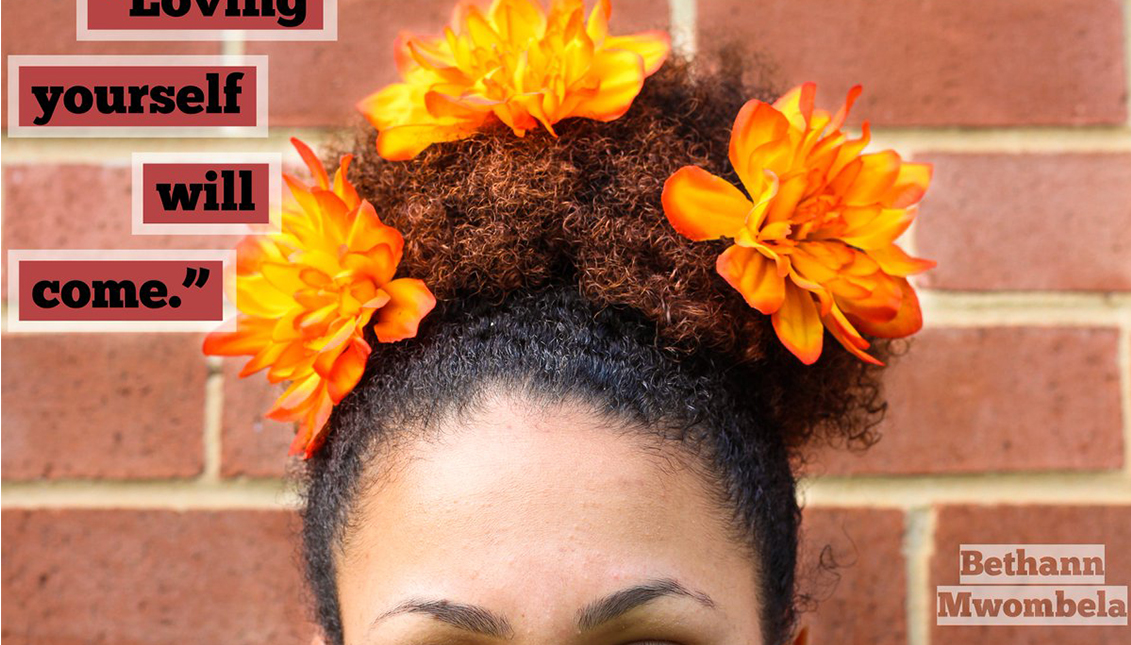
This photographer wanted to teach her sister to be proud of her afro hair (the result is beautiful)
101 black and Afro-Latinx women shared their love for their hair at the emotional debut of the artist St. Clair Detrick-Jules' Dear Khloe.
People of African descent still struggle with prejudice about the texture and appearance of their hair. Having "good or bad hair" has become a type of social injustice that many women face in the form of straightening their hair to look more professional workplaces, or even for wearing wigs. They even live with discrimination, like one that occurred in Texas a few years ago, where students with dreadlocks could not attend their graduation ceremony unless they were cut off.
Before the passage of the Crown Act in many states - first in California, and recently in Texas, Washington, Colorado and New York - a regulation that prohibits discrimination on the basis of hair — studies reported black women experiencing social pressure because of the texture of their hair as "unique." Not only were they denied in many spaces to wear it naturally, but they were made to feel they were breaking a rule of beauty - related, of course, to whiteness.
It's forced an unnecessary choice between defending the naturalness of one's hair as part of racial identity and taming it.
Photographer St. Clair Detrick-Jules and her younger sister, Khloe, are of Afro-Caribbean descent. When Khloe was four years old, kids at her school began making fun of her hair. In response, Detrick-Jules decided to show her sister why, instead of feeling bad or angry, she should see how beautiful her natural hair is.
For almost two years, the recent graduate of Brown University interviewed and photographed 101 black women and girls between the ages of four and 65 who had natural hair. The result was Dear Khloe: Love Letters to My Little Sister, a truly inspiring work that explores the relationship between women of color and their hair.
"I did this book because it's one thing to tell young women to love themselves and another to show them," explains Detrick-Jules.
"As a black woman, the older sister of two young black women, and as a filmmaker and photographer, I felt I not only had the ability to create this project, but also the responsibility to do so,” she said.
RELATED CONTENT

The launch of the book coincides with the implementation of the Crown Act, which was passed at the end of 2019 in California and has since spurred similar rulings in Colorado, Washington and Texas.
The law makes discrimination on the basis of a person's hair style illegal and advocates respect for naturalness in the workplace and school. CROWN is an acronym for "Creating a Respectful and Open World for Natural Hair".
Currently, there are 22 other states considering green lighting similar legislation. Projects like Dear Khloe are certainly doing their part to make the country more diverse and tolerant.











LEAVE A COMMENT:
Join the discussion! Leave a comment.